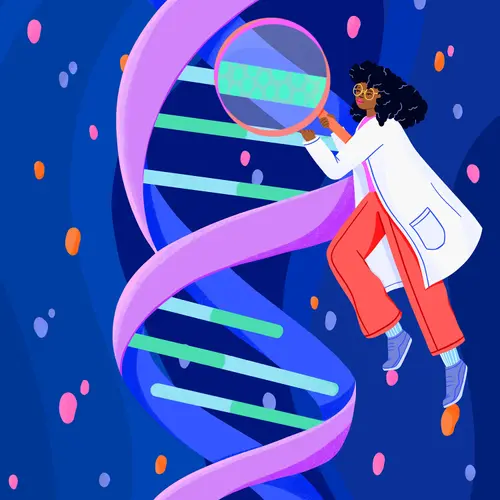Maybe it started when a doctor prescribed an opioid after a surgery or when you injured yourself. Or it could be that you’ve been taking opioids for a while to control chronic pain. But you haven’t been using them the way your doctor told you to. You’ve been taking them more often, in higher doses, or for longer than you originally planned. Maybe you’ve even been taking them illegally. Whatever the situation, you’ve realized you may have a problem. What should you do?
You’ve already taken a critical first step just by researching your options. Here’s what you need to know and what you can do next.
How Opioids Work
Opioids are a type of drug that doctors usually prescribe for pain relief. You may get them after surgery or a painful injury. Doctors also sometimes prescribe them for people with chronic pain and conditions that cause severe pain.
Examples of prescription opioids include:
Heroin, which is illegal, is an opioid too.
Along with blocking pain signals, opioids can create a pleasant, blissful feeling. This is because they produce a surge of dopamine in your body, a chemical that plays a big role in making you want to repeat pleasurable behavior.
This large amount of dopamine strengthens the connection your brain makes between taking the drugs and the good feelings they create. You may want to keep taking them to experience those relaxed, happy feelings.
But the more you use opioids, the more your brain starts relying on them. Eventually, you build up a tolerance to the drugs. You’ll need a higher dose to relieve your pain or get the same good feeling. This is why doctors typically only prescribe opioids for a short amount of time. The way these drugs work, the potential for addiction in some people is just too high, even when they’re taken as prescribed.
If you’ve taken these drugs for a long time, your body naturally becomes dependent on them. But drug dependence is not the same thing as addiction. Drug dependence means you’ve taken a medication for long enough that it’s changed how your body works. This is normal and can happen with any type of medication you take long term. You can be dependent on a drug but not addicted to it.
When Opioids Become Problematic
Prescription opioids are considered safe when you take them according to your doctor’s instructions. They can become a problem when you start misusing them. Misuse means:
- You’re taking more of your medication than your doctor prescribed
- You take someone else’s medication
- You use medication (yours or someone else’s) to get a high
The more you misuse opioids, the more they cause chemical changes in your brain. You have a harder and harder time controlling yourself. In time you can become addicted. This is known as opioid use disorder.
An addiction is a chronic condition in which you can no longer stop using opioids, even if taking them is causing all sorts of problems in your life. You may feel like you can’t function unless you’re taking the drug. Your relationships with your family and friends may be affected. You might be irritable, or have mood swings, anxiety, or depression. Maybe you’ve been making bad decisions or missing work. You might have constant cravings for the drug.
Because it actually changes your brain, addiction is considered a brain disorder. Thankfully, it’s a treatable condition.
What to Do if You Think You Have a Problem
If you think you might have opioid use disorder, here are the first steps to take.
1. Make a commitment to quit. Admitting you have a problem is the first step, and it’s an important one. Remember that you are in control of your life.
2. Make an appointment with your doctor. Since treatment depends on your individual needs, your regular doctor is a great resource. They can prescribe medications such as methadone and buprenorphine. These can help you get through the withdrawal symptoms you’ll have when you stop using opioids. They can help with any cravings you might have too. Your doctor can prescribe naltrexone, a medication that helps stop you from using opioids again.
3. Seek counseling. Behavioral therapy is often an important part of your treatment plan. It helps you learn to change your thinking and behaviors so you can manage your addiction more successfully. If you have any mental health issues like depression or anxiety, therapy can help with that too. Your doctor can recommend therapists.
4. Line up support. Whether it’s friends, family, or support groups, gather up every resource you can. Check online for organizations and resources that can help you on your road to recovery too.

